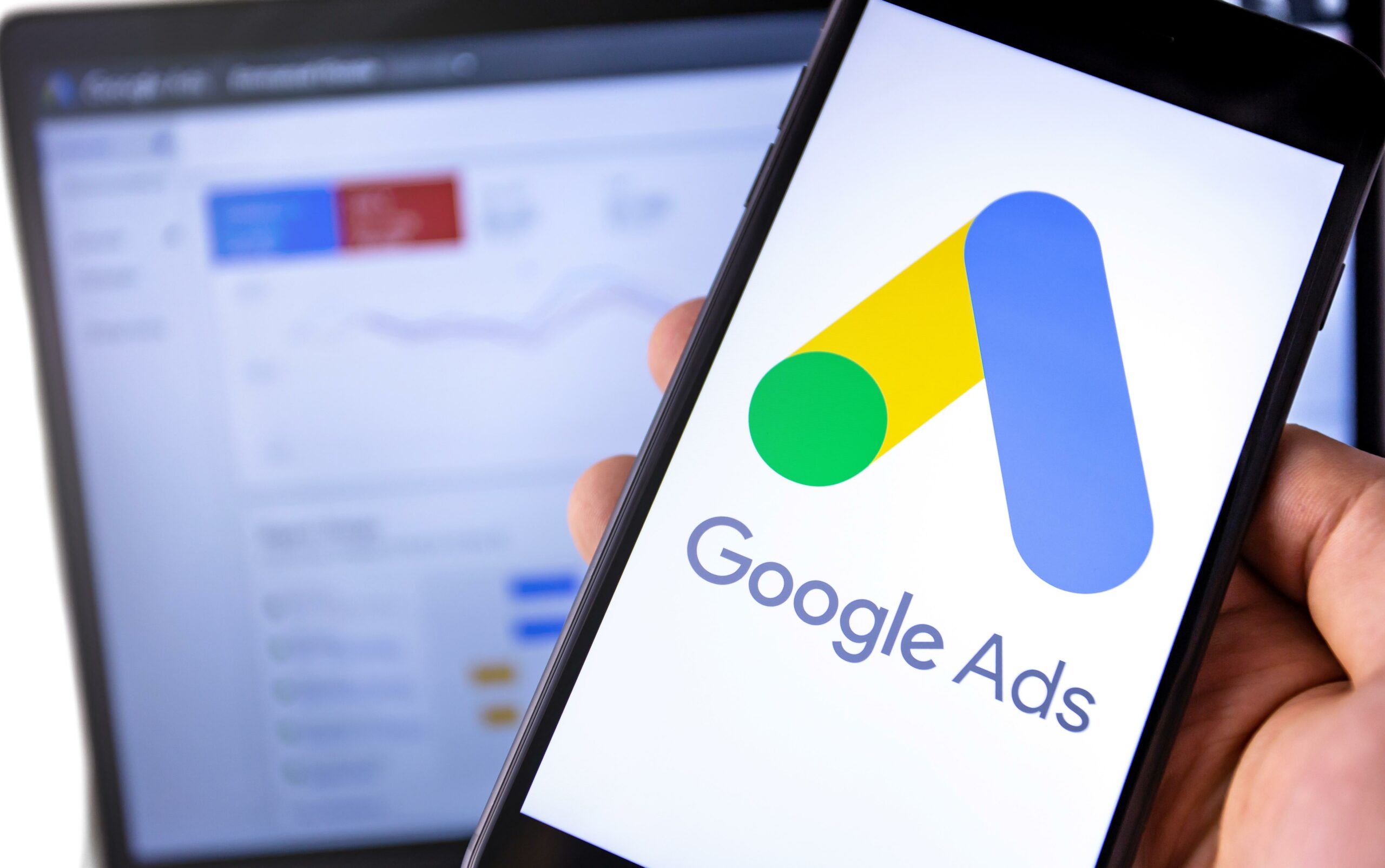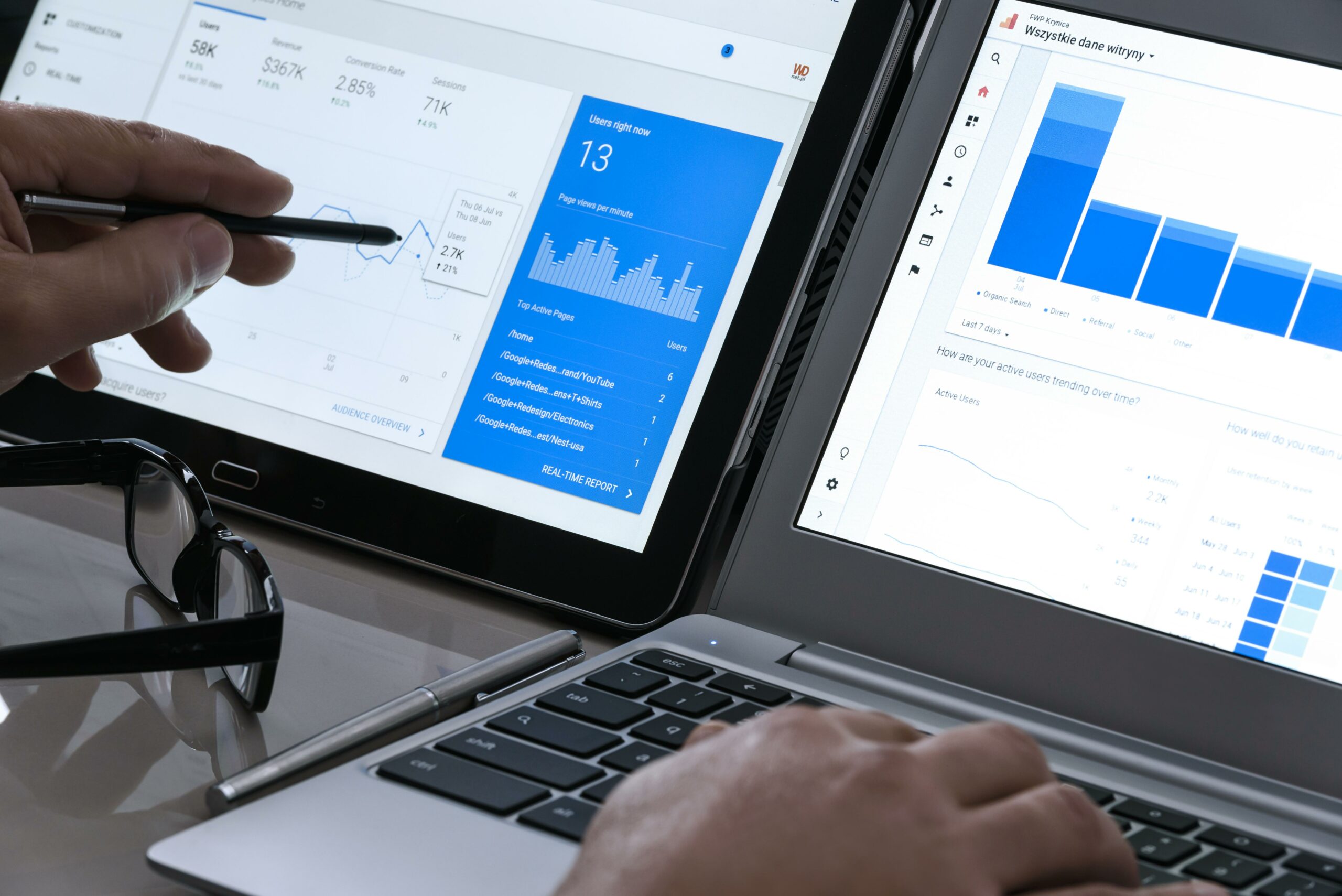How Much Does Google Ads Cost?
-

Aaron Gray
- Blogs
-
 March 11 , 2024
March 11 , 2024
-
 8 min read
8 min read
ANSWER
- For most small businesses, running an effective Google Ads campaign requires a monthly budget between USD$100 to USD$10,000+. The average cost-per-click (CPC) is around USD$2-USD$4. However, with the right optimisation strategy focused on maximising bid efficiency, even modest budgets can drive results.
- Determining if Google Ads is worth the investment requires balancing the customer acquisition potential with the costs and the need for ongoing optimisation.
Key Takeaways
- Assessing Google ads worth pursuing requires comparing the potential value for acquiring customers against likely CPC and overall budgets needed.
- Strategically optimising elements like keywords, ad copy, targeting, bids, and performance analysis are crucial for maximising ROI from Google Ads spending.
As a small business owner, setting up an effective ad campaign on Google Ads can help you achieve your online advertising and business goals. However, determining if the platform is worth the investment means understanding the average Google Ads cost across options like shopping, video, and Google display ads.

When launching Google Ads campaigns on the Search Network or Display Network, most businesses spend between USD$100-USD$10,000 per month. The average cost-per-click (CPC) is USD$2-USD$4 on the Search Network and under $1 on the Display Network. However, your actual advertising costs will vary based on factors like competition, targeting, bidding strategy, and more.
While these numbers provide a baseline, running a profitable Google Ads campaign depends on optimising your budget and resources. This advertising platform offers versatile formats from text and displays to shopping ads and video ads. As you determine if Google Ads is worth it for your business, keep in mind that costs fluctuate across industries, keywords, ad placements, and campaign types.
This article explores the typical factors impacting Google Ads costs. You’ll discover tips to refine your approach so you can calibrate your campaign to achieve results without overspending your valuable marketing budget. Understanding the dynamics behind Google Ads pricing lets you pursue paid search with confidence.
Understanding Google Ads Pricing Model
Determining if Google Ads is worth allocating part of your digital marketing budget requires grasping the basic pricing model behind this Google AdWords platform. When you set up a Google Ads account to run search, display ads, app ads, and shopping ads or video campaigns, you pay based on engagement rather than impressions.
The Google Search Network and Google Display Network use a cost-per-click (CPC) pricing model for their PPC advertising. Google only charges you when someone clicks your Google search ads. The amount you owe depends on your bids and quality scores per ad and keyword.
With this pay-per-click (PPC) billing structure, setting an average daily budget for Google Ads controls your maximum ad spend. As you calibrate your campaigns, adjusting bids lets you regulate costs based on performance and your return on ad spend (ROAS) goals.
Understanding these dynamics is critical when determining if dedicating a marketing budget to Google Ads makes sense for your objectives. With a pricing model directly tied to website traffic and leads, you can scale campaigns variably to meet your targets.
Factors Influencing Google Ads Costs
It’s crucial to understand the factors that impact costs when deciding whether Google Ads is an efficient method for your small business to gain new customers and leads. As you set up various ad campaigns, or leverage Google’s ad network, prices fluctuate based on the following:
Industry
Businesses in highly competitive spaces like insurance, legal services, and real estate tend to have pricier keywords. For example, the keyword “Los Angeles business attorney” likely costs over USD$50 per click since multiple firms bid on this relevant traffic. Less crowded industries can gain traction for under USD$1-USD$2 per click. For instance, a fledgling app startup targeting “Chicago mobile pet sitting” may pay just $0.50 to attract local leads.
Keywords
Simple, broad terms like “gymnasium” draw lots of search volume and site visitors. However, the high competition also leads to bids over USD$5 per click. Meanwhile, longer phrases like “Orange County hot yoga studio weekly memberships” cater to users’ precise intent. This phrase lets you target potential customers for as low as USD$1 per click, even in fitness – a popular niche.
Targeting
Precisely matching Google ads to searches improves conversion rates. For example, a DTC healthcare brand can focus on ad spend by excluding users who navigate for informational queries and tailor messages to commercial intent shoppers. Eliminating placements on irrelevant sites and ads shown to irrelevant ages lowers costs by preventing wasted ad spending on unlikely customers.
Ad quality
Compelling messages with clear calls-to-action earn higher clickthrough and conversion rates, signalling relevancy to Google’s algorithms. For instance, an ad headline that speaks directly to pet owners, like “Get 30% Off Cat Supplies This Week”, outperforms generic messages. Higher ad quality and landing page experience means you can bid 30-40% less than competitors and still rank well.
Bidding strategies
Google provides options like manual bidding, where you directly set the max CPC bid, or “smart bidding”, which uses automation and machine learning to optimise bids based on your conversion targets. The best approach depends on your campaign strategy, industry variables and the size of your ad budget.
Optimising these elements qualifies your ads for top search result placements at affordable rates. As you strive to attract qualified leads, these factors differentiate an expensive, inefficient Google Ads account from one that delivers real business impact. Keep them in mind when evaluating if the platform merits your small business marketing budget.
Average Google Ads Costs

When evaluating the value of Google Ads, small businesses often ask – what are typical budgets required to see results? Across industries, most companies spend between USD$100 and USD$10,000+ per month on these PPC campaigns. Of course, legal services tend to invest more in high-volume qualified leads, while newer startups may lean conservative initially.
As the Search Network drives visitors to actively search for related information and offerings, average cost-per-click (CPC) rates tend to run higher, averaging between USD$2-USD$4 per click. The Display Network that shows ads on partner sites through contextual targeting sees lower engagement, with average CPC dipping below USD$1 frequently.
However, these monthly and CPC averages are simply broad benchmarks. Your actual costs fluctuate significantly based on factors like competition, landing page quality score, bids and more. Through the ad auction process, your maximum CPC bid must exceed rivals given an individual ad and keyword’s value and quality score.
While useful for rough estimates, calculating a potential customer’s lifetime value, investing in conversion rate optimisation and balancing conversion values and bids are better indicators of the required budget.
Consider working with a paid search management agency to optimise spending. With the right strategy, these averages prove Google Ads can engage website visitors even on modest budgets.
Tips for Optimising Your Google Ads Budget
Getting compelling search results and a qualified lead from Google Ads without overspending requires strategic optimisation. As you evaluate whether this platform merits your marketing budget, factor in the investment needed to manage campaigns actively.
Keyword research
Rather than targeting broad commercial terms like “men’s shoes”, identify longer mid-tail variants like “orthopaedic walking shoes for plantar fasciitis”, catering to precise searcher intent. This granularity keeps clicks highly relevant despite the lower volume. For example, one shoe ecommerce site pays USD$3 for the broad term and under USD$1.50 for the specific keyword catering to high-intent customers.
Ad copywriting
Headlines that speak to the precise searcher intent see higher engagement at lower costs. Rather than “Accounting Services for Startups”, specifically target client needs like “Affordable Tax Preparation for New Business Owners”. Crafting highly relevant ad copy allows you to rank well while bidding 30% under the maximum CPC.
Targeting
Limiting ad exposure to the relevant Los Angeles metro area vs nationwide reduces irrelevant clicks from unlikely buyers in rural regions. Similarly, displaying ads only for female-focused sites/placements ensures ad spending efficiency. Optimised targeting yields at least 15% higher conversion rates, which helps maximise the budget.
Bidding strategies
Manual bidding works well for branded keywords where you know the precise value of a conversion. Exploring automated options like Target CPA bidding taps Google’s algorithms to optimise bids hitting your KPIs. Testing different approaches determines the best fit.
Analysis

Schedule monthly check-ins assessing metrics trends like CPC changes, impression share shifts and conversion rates. Update targeting settings or bids based on opportunities spotted through regularly analysing performance.
Allocating resources to actively manage Google Ads accounts is essential for staying ahead of competitors and maintaining cost-effective bids in the ad auction. Consider continuous optimization when evaluating the true impact of investing in paid search with Google to help achieve your digital marketing goals.
Final Thoughts
Evaluating if pursuing Google Ads is worth allocating your digital marketing budget requires balancing the potential value proposition with the variable costs and need for optimisation through best practices like improving ad copy and ad rank.
Though Google Display, Shopping, and Search ad campaigns require continuous refinement to maximise results, the ability to connect with actively interested searchers on a PPC model proves strategically compelling if effectively managed.
Determining the optimal investment for Google Ads means mapping campaign potential to your customer acquisition goals, quantifying the value of different conversion types, calculating ROI and tapping professional PPC management services where beneficial to execute testing and optimisation, driving efficiency.
Approaching paid search investments with a focus on optimising for quality over sheer quantity unlocks lasting value. Evaluate how to best appropriate Google Ads within your overall digital marketing mix to fuel your organisation’s next chapter of strategic growth.

Our Mission: Transforming SEO with Transparency and Trust

Try It Now For Free!
No credit card required. Prefer a demo?
Sign Up
"*" indicates required fields

